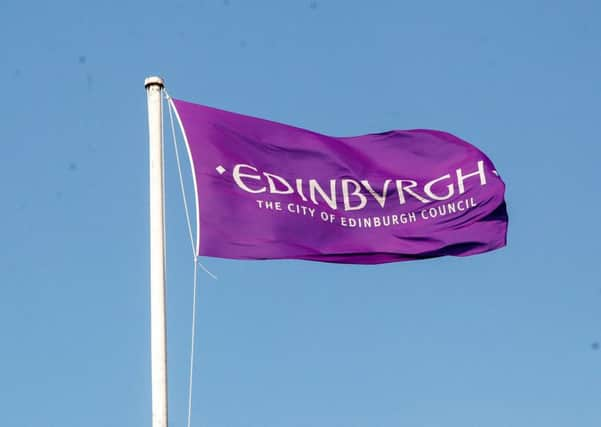New Airbnb licensing could ‘overwhelm’ Edinburgh council


Specialist licensing lawyer Stephen McGowan said processing of other licences – for taxis, public entertainment and pubs and restaurants – could grind to a halt as council staff are faced with thousands of applications for short-let accommodation.
The Scottish Government announced last week it would introduce a licensing system by spring 2021, requiring all hosts to meet safety standards and other requirements to be set by local councils. City chiefs in Edinburgh, who had campaigned for such a scheme, have welcomed the move.
Advertisement
Hide AdAdvertisement
Hide AdBut Mr McGowan, partner and head of licensing in Scotland at UK law firm TLT and author of a text book on licensing law, warned councils faced a “flood” of applications.
He said: “Each new application will go through the same process as other civic licences. This means possible objections, hearings for all applications, and the ability to refuse applications not just on the fitness of the property but also the person who wishes to hold the licence.
“If you only have a small team of people processing street trader licences, taxi licences and so on and suddenly there’s thousands of applications lodged for short-term let licences, how are they going to manage that?
“And it’s not just the council staff – the fire service or building standards are going to have to prepare reports about the property complying with safety regulations.
“I understand there are almost 10,000 properties in Edinburgh, that’s 10,000 inspections and 10,000 reports to be prepared. And you’ve also got the police who will have to do criminal record checks on applicants for all of those licences at the same time as having to process all the other types of licence as they currently do – alcohol, gambling, street traders, taxis and the rest.
“If the existing resource is all that’s in place and suddenly there’s 10,000 applications flying in the door, that means other applications could come to a shuddering halt – licences for new bars, food vans and so on might be delayed because the licensing authorities are snowed under.”
He said hosts would face extra costs in ensuring their properties met regulations as well as the costs associated with compliance.
The council said it currently had around 50 staff involved in processing licence applications. Council leader Adam McVey said the Scottish Government had made it clear it would work with councils on the detail of the new system.